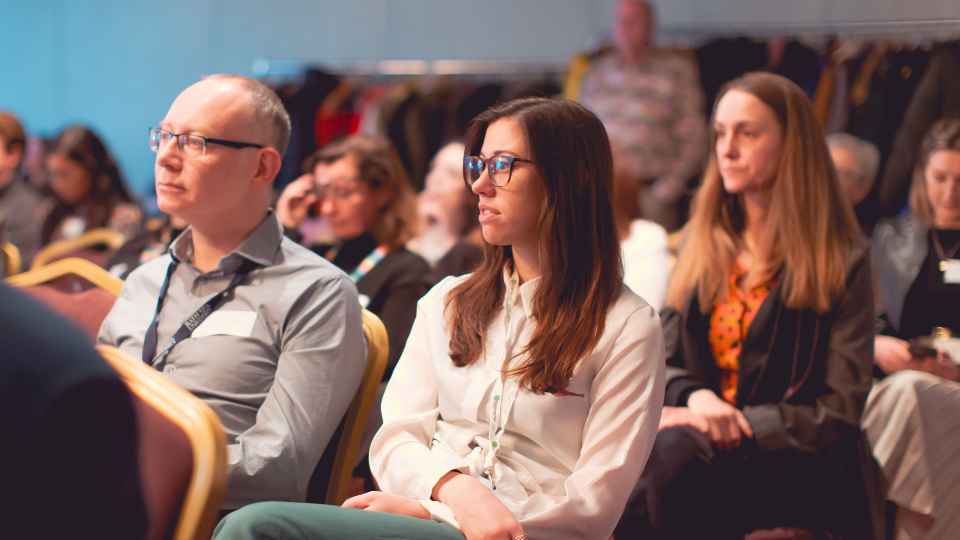
Senior Business Administrator
January at Future Leap
‘Twas a Green Christmas at Future Leap
November at Future Leap
October at Future Leap
September at Future Leap
August at Future Leap
B in the Know: The Routes and Benefits to Becoming a B Corp
Over 1,500 companies in the UK are now B Corporations, with the number growing rapidly each year. But is a B Corp, how do you become one, and is it even worth it?
What’s B Corp all about?
This was the topic of the first session at 2024’s Festival of Sustainable Business, chaired by Roy Kareem, Director of Bright Green Future. The speakers and panelists who joined us to dive deeper into B Corps were Doug Allan (Freelance Wildlife and Documentary Cameraman), Annie Olivier (Head of Growth at B Lab UK), Sophie Parkhouse (Technical and Training Partner at Albert Goodman), Steph Housty (Marketing & Sustainability Manager at Ecosurety) and Andy Hawkins (Chief People Planet & Purpose Officer at Business on Purpose).
You’ve probably noticed by now the little “B Corp” badge appearing more and more on products or tucked away in the footer of a business’s website. So, what does it mean exactly?
The B Corp movement began in the US, with over 8,300 companies now having achieved B Corp status across the world.
Think of B Corp like the Fairtrade stamp you find on food but for business. It’s basically a stamp of approval that the business meets a high standard of social and environmental performance and accountability. Certified B Corporations are verified by B Lab and are legally committed to being socially and environmentally responsible, while still making money.
The B Corp mission is to help create an inclusive, equitable, regenerative economic system for people and the planet. Essentially, it’s about using business as a force for good.
B Corp’s 2022 poll found that 73% of the public believes that businesses should have a legal responsibility to the planet and people, alongside maximising profits. And this went up to 77% in 2023, showing the public is only becoming more eco-savvy.
“I think the future lies green. The fact is, if you want to attract young, thoughtful, intelligent people into your business (who doesn’t!) then they will be swayed by the green credentials of the company that they want to work for. Therefore, if you can say “we are a beacon business” and then live up to it and show them that, you will get a better class of employee and you win in every way.”
– Doug Allan, Freelance Wildlife and Documentary Cameraman
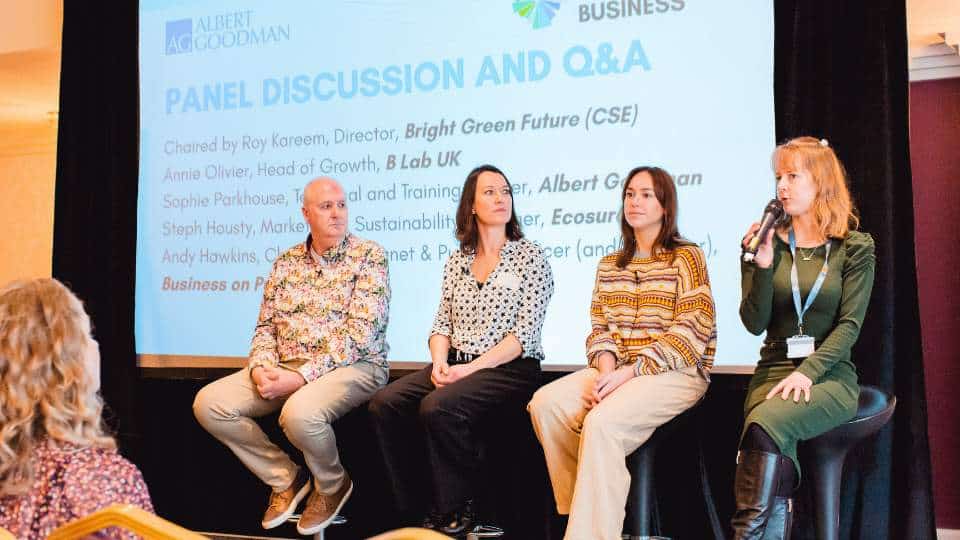
Why go B?
Well, one statistic that may help persuade you is that UK B Corp’s growth rate is a whopping 26%, compared to the national average of just 5%. So, if you want your business to grow, going B Corp may be the way to go!
98% of companies agree that B Corp is likely to contribute to the future success of their company. And 71% of B Corp’s agree that becoming a B Corp has improved employee recruitment, engagement, and retention.
The B Corp certification also adds a huge amount of business value and is helpful for futureproofing.
“If you’re not thinking about the sustainability of your business, the impact new regulations may have on your business over the future years, then you are devaluing your business. One of the benefits of becoming sustainable is it future proofs your business and protects its value for yourself and other stakeholders.”
– Sophie Parkhouse, Technical and Training Partner, Albert Goodman
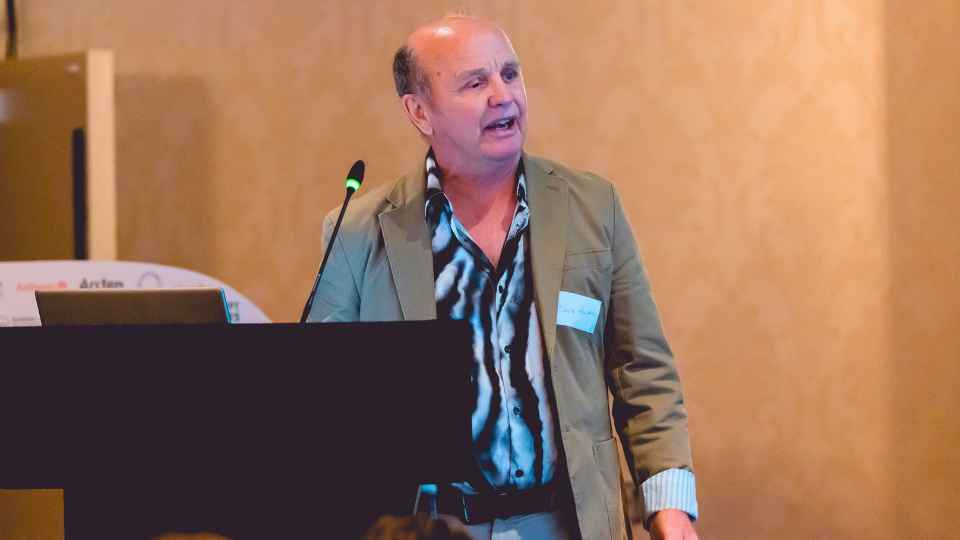
The path to B Corp
So, how do you become a B Corp?
To earn that coveted ‘B’ badge, you need to be a for-profit business who has been operating for at least one year. Businesses can then evaluate their impact on the environment, their treatment of employees and customers, and their governance and supply chain practices.
This evaluation is detailed in the B Corp Impact Assessment, a detailed questionnaire that delves into every nook and cranny of a company’s operations.
“B Corp is not a badge. It’s really a journey.”
– Steph Housty, Marketing & Sustainability Manager, Ecosurety
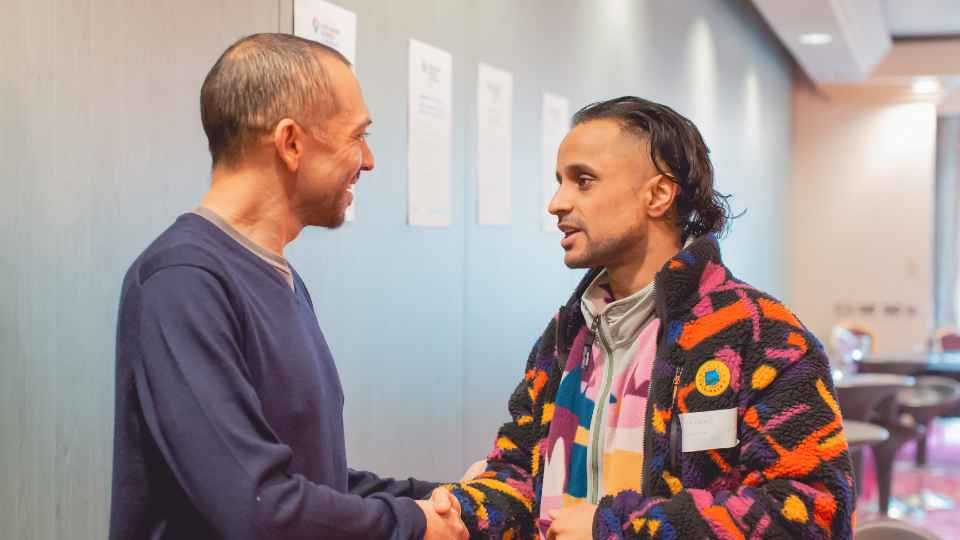
Here’s a simple overview of the B Corp Requirements:
Complete the B Impact Assessment
First, you will go through the free B Lab assessment to evaluate where your business currently sits. The requirement for certification is over 80 points across the five core topic areas: governance, works, environment, community, and customer stewardship.
Make the legal change
Next, you will need to amend your company’s articles of association, committing your business to measuring people, planet and profit when making key decisions going forward.
Commit to transparency.
Finally, you will need to sign the declaration of interdependence and join the B Corp Directory, publicly displaying your assessment scores.
And once you reach B Corp status, the journey isn’t over.
Companies must re-certify every three years to maintain their status.
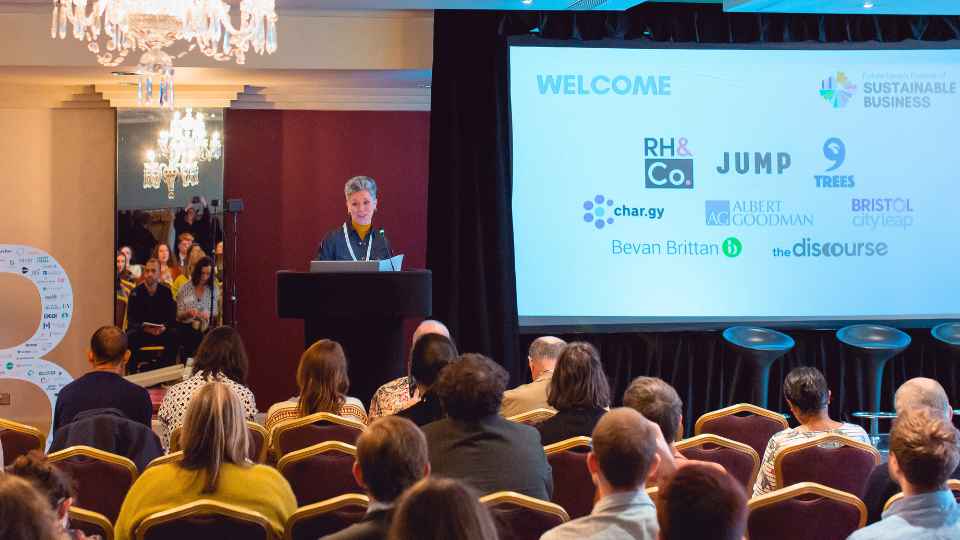
How long does it take to become a B Corp and what does it cost?
There is no hard and fast answer to this as every business is different. It will depend on your company’s size; how complex it is and where you currently stand in your ESG journey.
On average a company will take a year, but it can take longer if integral parts of the business need to change. Think of it as a marathon: not a sprint!
Make sure you get engagement from your stakeholders before starting, including your employees. The more on board everyone is, the smoother the journey.
“We certified four years ago… when we started the impact assessment, we realised that we were already doing really good. So, we didn’t have to change massively the way we operated the business to become certified. It took us 15 months between making the decision of “let’s do it” and actually being certified, so not that long.”
– Steph Housty, Marketing & Sustainability Manager, Ecosurety
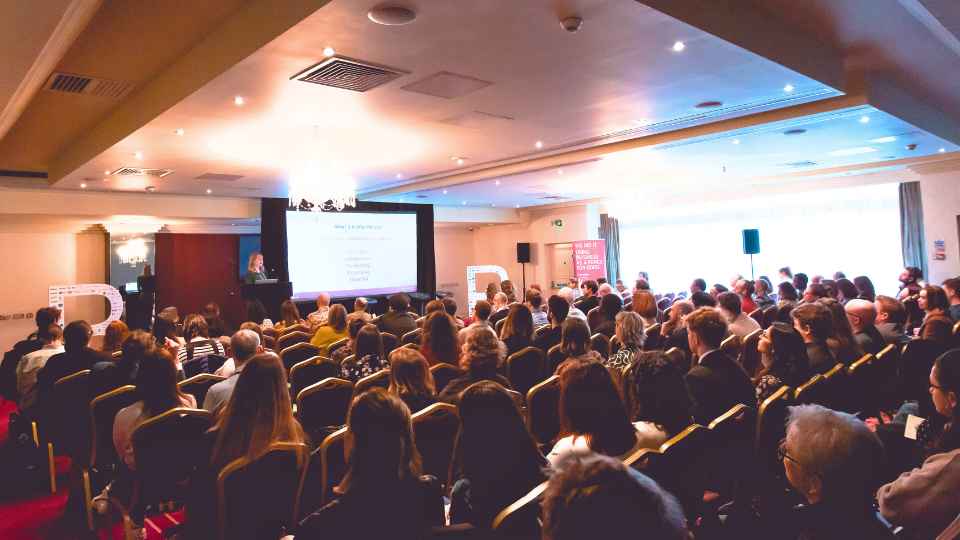
What do you need to know before beginning the B Corp journey?
Annie Oliver noted in her talk that the B Corp standards are evolving. While the current performance requirements are set as meeting an average score of over 80 across each area, a new system is being proposed.
The new requirements (where a minimum score is needed across different areas) coming from 2025 will bring B Corp up to a higher standard to remain at the cutting edge of innovation.
“If a company is thinking about getting a B Corp certification, they should just go for it right now with the current standards.
But it’s really important to have your eye on how the standards might be evolving.
So, engage with our consultation, take a look at our draft standards that might change in 2025, give your feedback to understand how it might impact your company.
But don’t use it as a reason to delay your journey to becoming a B Corp.”
– Annie Olivier, Head of Growth, B Lab UK
“Don’t wait and start as soon as possible. The impact assessment is a free tool.
Even if you don’t reach the threshold, it’s a great opportunity to see where you are and identify your opportunities to improve.”
– Steph Housty, Marketing & Sustainability Manager, Ecosurety
“There’s 5.5 million SMEs in the UK. The tipping point is 3%, so that’s 150,000. We’re currently at 1800 B Corps. So, we’re at 1% of roughly where we need to be, and that’s then only going to be 3% of businesses.”
– Andy Hawkins, Chief People Planet & Purpose Officer at Business on Purpose.
At Future Leap, we’re all about helping businesses navigate their journey to net-zero. From coaching to mentoring, we’ve got you covered on your journey to making a positive impact. We’re currently undergoing our own B-Corp assessment so we’ve got valuable insight into the process if you’d like to have a chat. If you’re ready to join the B Corp community get in touch to get started.
“I think most people think of B Corp as just a certification, but it’s much much more than a certification. It’s a community. It is a movement… in the UK we have a really thriving community that regularly gets together and shares best practices. They take collective action together. There’s tonnes of support and opportunities to be found within the network community.”
– Annie Olivier, Head of Growth, B Lab UK
Written by Sarah Williamson of Your Ethical Marketer.


